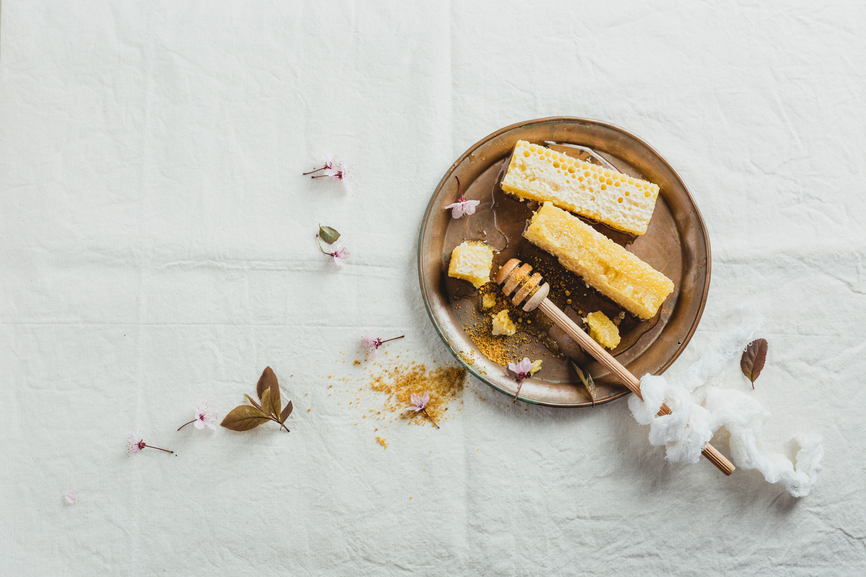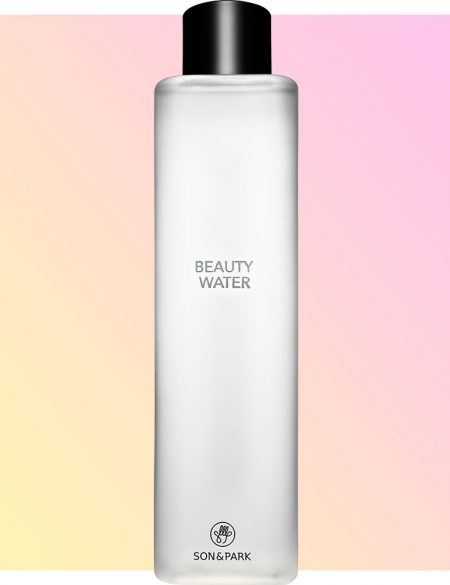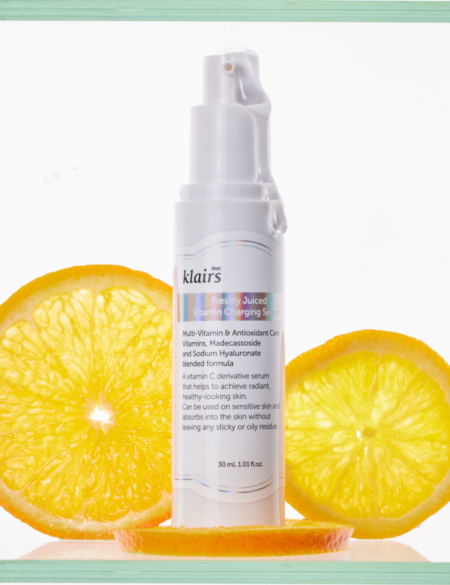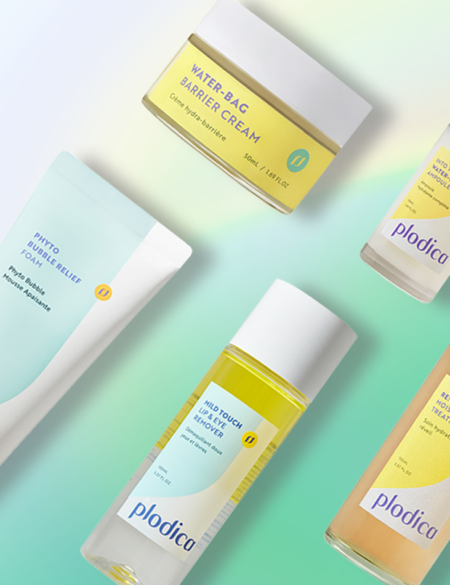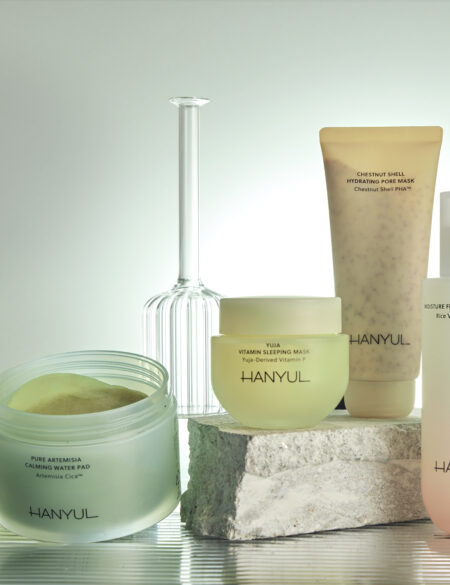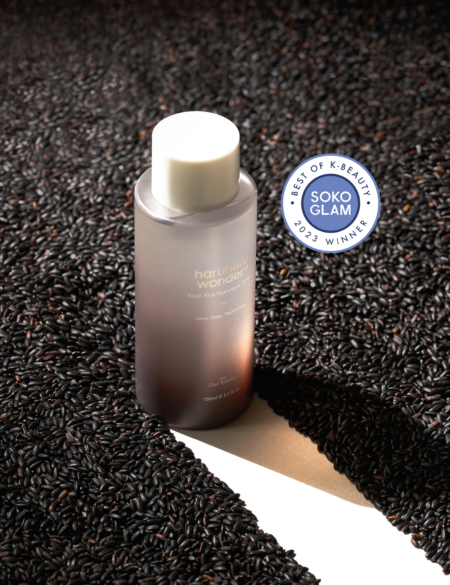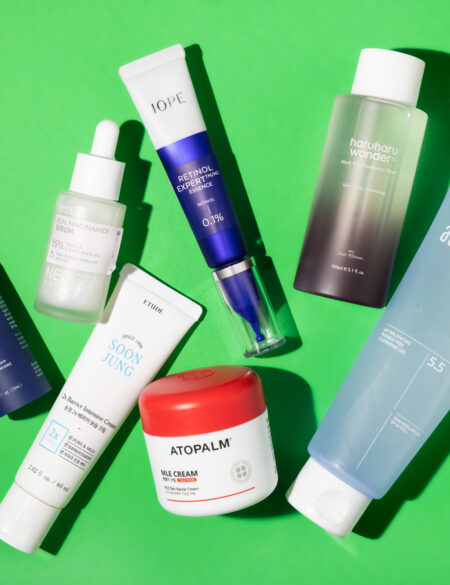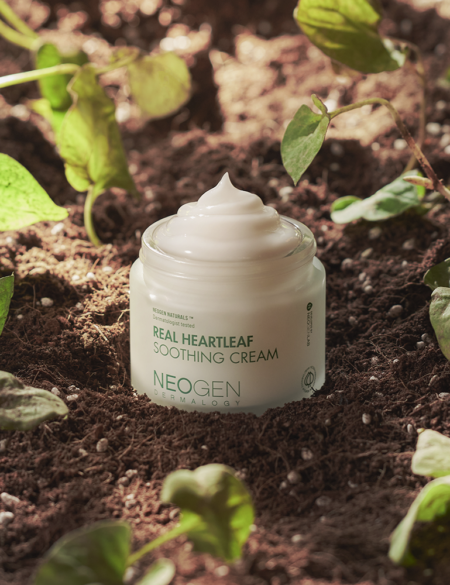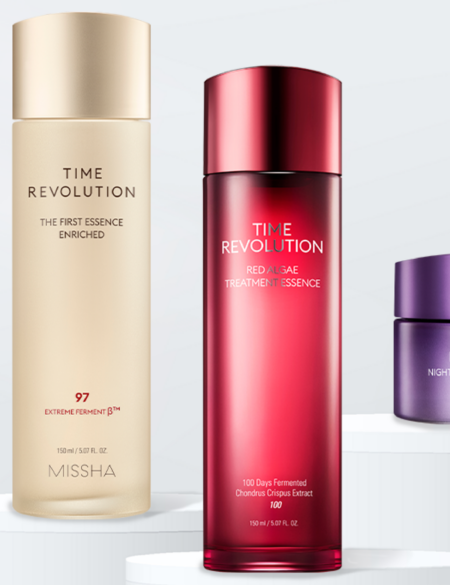Ever see the word “propolis” when browsing the shelves of your favorite skincare depot? Chances are you have—as far as ingredients go, it’s trending for sure. Chances also are you have no idea what it is. That’s okay—the beauty vocabulary and frame of reference changes constantly. Here’s the update on the new cool ingredient in town.
Propolis is a naturally-occurring ingredient made by (not of) animals. “Propolis is a brownish, resinous substance collected by honeybees from tree buds or other botanical sources,”says Craig Kraffert, board certified dermatologist and founder of DermStore and Korean skincare brand Amarte. “It’s used to fill and seal small crevices within the hive for protection from cold weather and invaders.”
Beekeepers harvest propolis by gently scraping it off the frames and lids of hive box, often with a tool that’s made specifically to collect the gooey substance. Propolis can only be naturally created by honeybees (it’s also called “bee glue”) adding one more reason (to an already long list) why these friendly insects are so important to the world.
Propolis has some serious benefits where skincare is concerned. “Propolis has smoothing, moisturizing, and oil control properties,” says Dr. Kraffert, “[It] is rich in flavonoids and phenolic compounds with well-documented antioxidant, anti-inflammatory, antibacterial, antifungal and antiviral properties.” Because it’s such a potent antibacterial and anti-inflammatory, propolis has been proven to “expedite the healing process of wounds and sunburns,” says Dr. Kraffert.
Propolis (and products that contain it) can be used to treat and prevents blemishes, acne, and redness. Since it’s a naturally-occurring antiseptic, it’s a must-have for those with acne-prone skin. It has regenerative and healing properties, making it a fantastic smoothing and softening agent. In hippie circles, it’s used to soothe sore throats, allergies, and even as a toothpaste booster. It’s a little like honey (except it tastes nowhere as good) in that a slice of the population believes it’s a cure-all (Manuka, anyone?). What’s not in dispute is its sealing, healing power. That’s just real.
You’ll find propolis as an ingredient in a number of products, Korean and otherwise. Bees are trending and so are all things bee-related. Some products only throw in trace amounts, but some bet heavy on bees. For heavy-duty action in a surprisingly light formula, COSRX Natural BHA Skin Returning A-SOL: ($18 for 100mL) A toner that soothes, hydrates and improves skin texture. It contains 60% black bee propolis and is ideal for sensitive, oil and/or acne-prone skin types. And if you prefer to do it in the dark, try Dr Kraffert’s sleeping mask, Amarte Skincare’s Overnight Express Therapy. It’s formulated with propolis and retinol to seriously hydrate and restore skin while you catch zzz’s. This is the kind of product that deserves all the buzz it can get (excuse the pun).


